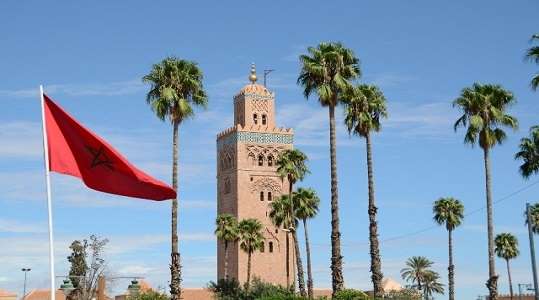The National Institute of Statistics in Tunisia revealed that the annual inflation rate rose to 9.8 percent in November, a record level, from 9.2 percent in October. Amid expectations that the central bank will raise key interest rates again, as the central bank raised the main interest rate by 25 basis points to 7.25 percent in October in order to contain inflation, in the second increase in five months.
The Tunisian government is implementing an unpopular economic reform plan, in return for signing an initial agreement with the International Monetary Fund worth $1.9 billion, which will be spent over four years. According to the International Monetary Fund, the program agreed upon with Tunisia will include changes to broaden the tax base, expand the coverage of the social safety net, to help the poorest people face rising prices, as well as the enactment of a law governing the reform of state-owned companies.
Reforms are expected to include cutting food and energy subsidies, in addition to reforming public companies and reducing wages as a percentage of GDP in the coming years, according to Tunisian government officials. “Fitch” expects that the agreement with the IMF will open the way for large financing from official creditors, and support budget consolidation operations.
Source (Al-Araby Al-Jadeed Newspaper, Edited)

